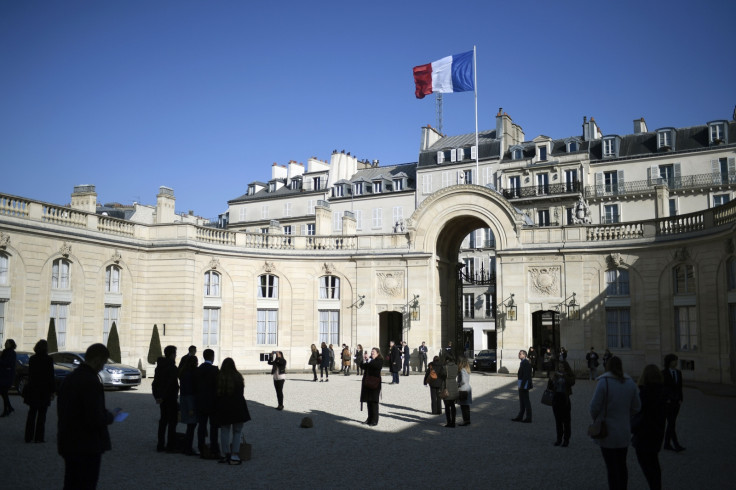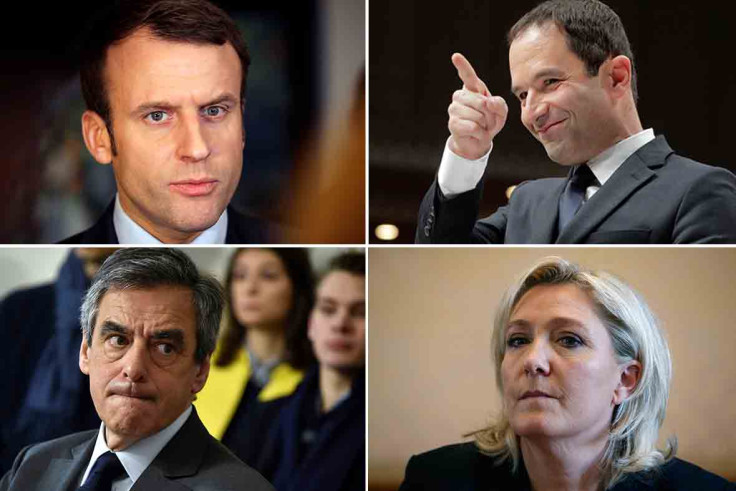When is the French Election 2017 and how does it work?
The election will be held across France in April and May 2017.
In two rounds of presidential elections, French voters will go to the polls to make a landmark decision on the future of their country.
Key Dates in France's Presidential elections:
- First round of voting: 23 April. Polls open at 8am and close at 7pm, although some stations may stay open longer. Media announce a result around 9pm.
- Second round of voting: 7 May
- Winner assumes the duties of the presidency: 17 May
Following shock results in Britain and the US in 2016 where the UK voted in a referendum to leave the EU and American voters elected Donald Trump to the White House the French public could wake up feeling like they are in a different country after polling day.
When is the French Election?
The election will be held across France in April and May 2017. The top two candidates will be selected by a first round of voting on 23 April. Two weeks later on 7 May the two winners from the first round will face each other in a run-off. The French elections are always held on a Sunday to allow people to go to the polls.
Ten days after the elections the winner will enter the Elysee Palace and assume the duties of the presidency on 17 May.

How does the electoral system work?
France operates under a semi-Presidential system and has both a Prime Minister and President. The president, as the French head of state, serves a term of five years.
The country's two round presidential election system is designed to ensure a mandate. With just two contenders in the final round of voting it is guaranteed that the winner will have received more than half of the votes cast.
Nominees for the elections have to collect the signatures of 500 elected officials to stand. Each official can only nominate one candidate. While there is a technical limitation on the number of candidates that can stand, there are 45,500 elected officials in France meaning the first round of the presidential elections offer a wide and varied range of candidates.

At present there are 10 candidates standing in the 2017 elections including leaders of the Green Party, the New Anticapitalist Party as well as a number of independents. Two more candidates may also join the fray before voting begins.
The nature of the two round system of French Presidential elections means fringe candidates or surprise second round winners are unlikely to become president. In 2002 Jean-Marie le Pen of the National Front (FN) made it through to the second round in huge upset. He was nevertheless beaten by unpopular incumbent Jacques Chirac, gaining just 18% of the vote in the second round.
A French president can be technically elected if he or she receives more than 50% of the vote and a mandate to govern in the first round of elections. However, this has never happened in the history of the Fifth Republic, which began in 1958.
Crucially the French government and its legislature are elected in separate parliamentary elections to the National Assembly. This can lead to what is known in France as periods of 'cohabitation,' where the President and the Prime Minister are from opposing parties.
Everything you need to know about the French presidential election
What happens if Marine Le Pen wins the French elections?
Who is Emmanuel Macron and what does he stand for?
© Copyright IBTimes 2024. All rights reserved.






